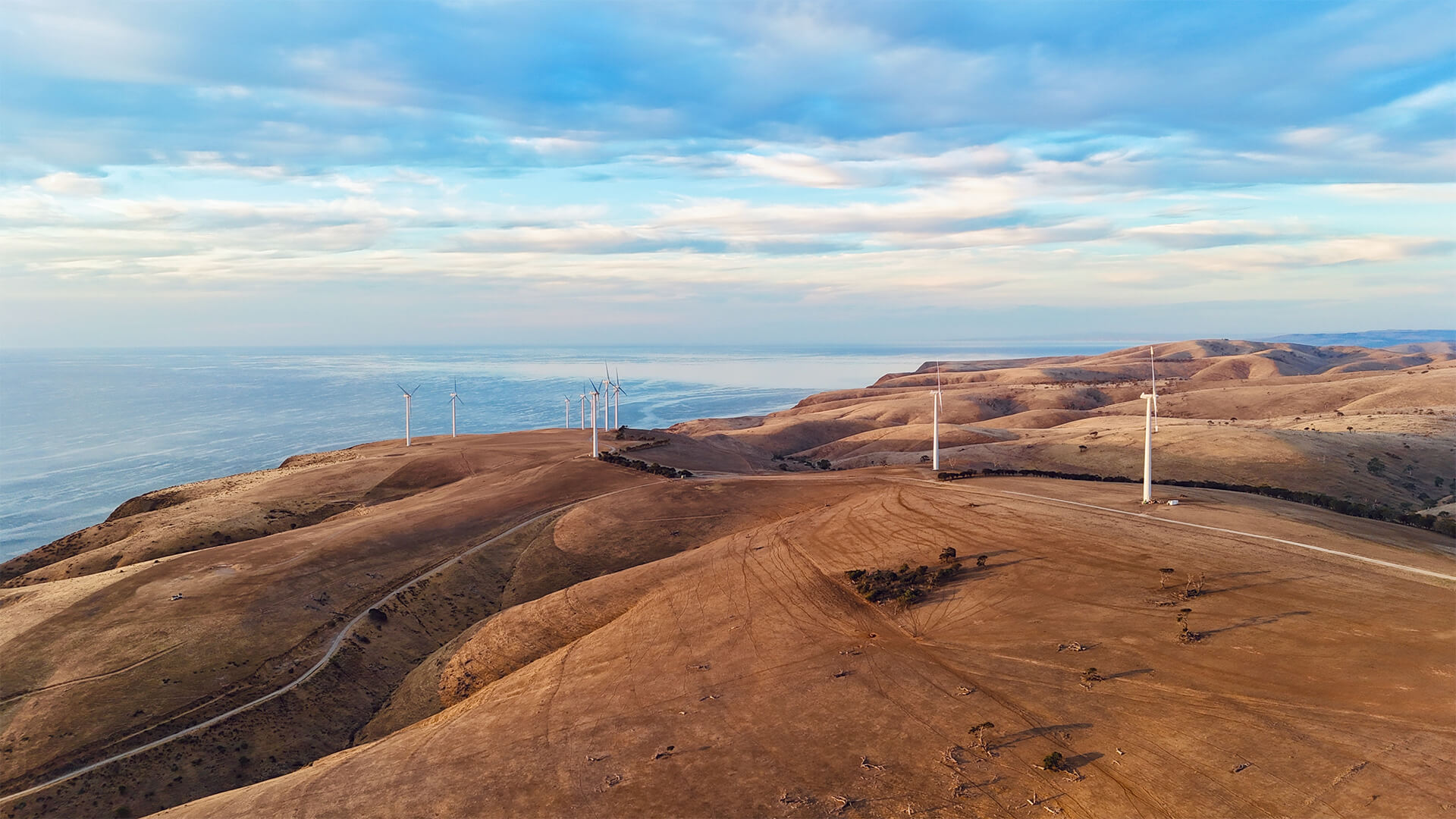Turkey's Renewable Energy Sector 2030 Vision
14 Ağustos 2025Turkey, with its rapidly growing economy and increasing energy demand, has prioritized sustainable energy policies. It is targeted that by 2030, the share of renewable energy sources in the total energy supply will significantly increase. In this context, biomass energy and waste-based energy production play a critical role in reducing fossil fuel dependency and ensuring environmental sustainability.
The Importance of Biomass and Waste-Based Energy in Renewables
Diversifying the renewable energy sector is crucial for Turkey’s energy security and environmental goals. While solar, wind, and hydroelectric power are prominent, biomass energy and integrated waste management are fundamental elements strengthening the alternative energy portfolio. Biomass transforms agricultural waste, industrial organic waste, and municipal waste into energy, reducing waste volume and providing clean energy simultaneously.
Current Status of Biomass Energy in Turkey
As of 2025, Turkey’s installed biomass energy capacity exceeds 114 MW and is growing rapidly. At Biotrend, through our investments and waste-to-energy conversion projects, we continually expand biomass capacity. Additionally, biomass energy production serves as an essential tool for reducing environmental impacts and achieving circular economy goals.
Biotrend’s Role and Goals in the Sector
Founded in 2017, Biotrend is one of Turkey’s leading players in biomass and waste-based energy production. Operating across 6 regions and 9 provinces with 17 facilities, we reached an installed capacity of 114.17 MWe and a net electricity production of 139.31 GWh by Q1 2025. Our 2030 vision involves expanding the capacity of our existing plants, accelerating technological investments, and promoting sustainable waste management.
Strategic Priorities Toward 2030
At Biotrend, while aligning our sustainability strategy with our corporate strategy, we base our approach on the United Nations 2030 Sustainable Development Goals (SDGs), the Paris Agreement, and the European Green Deal — all key drivers of global economic and social transformation. Within this framework, we prioritize aligning with global 2030 and 2050 targets for green, circular, and digital transformation. Supporting sustainable development under five main pillars, we aim to be a leading company in transitioning to a low-carbon economy both locally and globally.
- Accelerating the Circular Economy
We apply circular economy principles in our ongoing projects, aiming to reintegrate waste into the economy. We invest in new technologies and processes to recycle waste and convert it into high value-added products. This ensures efficient use of resources and reduces our environmental impact.
- Reducing Greenhouse Gas Emissions
Through integrated waste management and biomass energy activities, we aim to reduce greenhouse gas emissions by effectively managing municipal, agricultural, and forestry wastes. Moreover, we include our projects in carbon credit certification programs, contributing to national and international climate goals. These efforts support renewable energy production.
- Facilitating the Transition to a Low-Carbon Economy Through Innovation
With our sustainable technology investments, we work to support the transition to a low-carbon economy. Our innovation-focused business model expands our bioelectricity, bioheat, and sustainable fuel portfolio, integrating clean technologies into our processes while minimizing environmental impacts.
- Protecting Biodiversity
As of 2023, we have launched biodiversity programs in all our facilities in collaboration with universities and non-governmental organizations. Through these programs, we regularly monitor the environmental impacts of our activities and implement improvement measures to enhance our environmental management.
- Respect for People
We create an inclusive, equitable, and diversity-supportive work environment for our employees and all stakeholders. Adopting a zero-tolerance policy toward work and environmental accidents, we apply high standards in occupational health and safety. Our sustainability efforts are supported by upholding human rights and fair working conditions throughout our entire value chain.
In addition, in the field of renewable energy, we aim to achieve the following targets by 2030:
- Increase installed capacity to 150 MW
- Recover 118,000 tons of waste at our mechanical separation plants
- Produce 669,000 tons of Refuse-Derived Fuel (RDF)
- Achieve 12.8 million tons of carbon credit sales
- Raise non-electricity revenues to 14% of total revenue
- Bring biomass plants' capacity factor to 90%
- Bring biogas plants' capacity factor to 70%
Our Economic and Environmental Contributions
Our contributions in biomass energy and waste management go beyond energy production. We support local economies, create employment, and reduce Turkey’s dependency on energy imports. Moreover, reducing greenhouse gas emissions plays a critical role in achieving the goals of the Paris Agreement.
Walking Together Toward a Sustainable Future
In Turkey’s 2030 renewable energy vision, biomass and waste-based energy production hold an indispensable place. At Biotrend, we continue to lead this transformation. While producing energy from waste, we aim to ensure environmental sustainability and economic growth hand in hand.
References
- Ministry of Energy and Natural Resources – Renewable Energy Strategy https://www.enerji.gov.tr
- Energy Market Regulatory Authority (EPDK) – Electricity Market Reports https://www.epdk.gov.tr
- Turkish Statistical Institute (TÜİK) – Energy Statistics https://www.tuik.gov.tr
- Biotrend Official Website https://www.biotrendenerji.com





